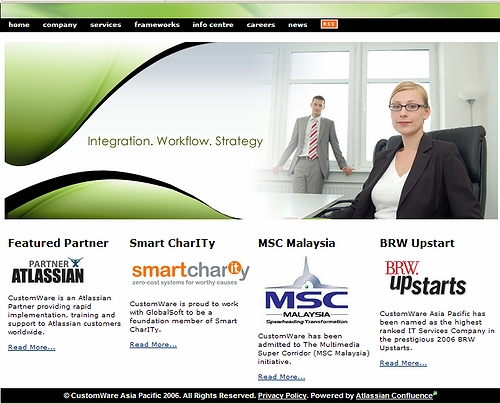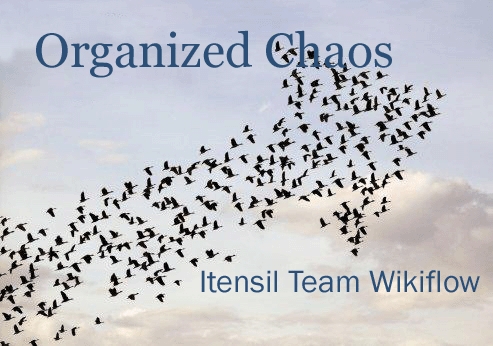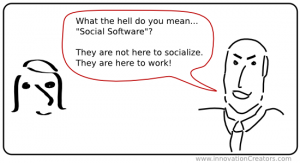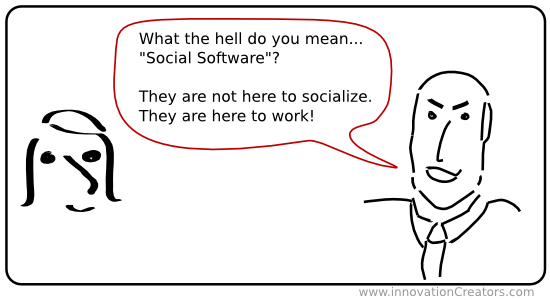My initial reaction to the first release of Windows Live Writer (geez, what a name….) was a big yawn. Yes, a nice offline blog-editor, but we already have Ecto, Blogjet, Qumana, Zoundry, w.Bloggar … etc. so unless the new one is significantly better than the existing solutions, why change?
A few smaller glitches aside the showstopper for me was the lack of any support for Technorati tagging. “Bloggers do tags. An editor without tagging is not a Blog Editor. It’s that simple.” Users came to the rescue and he Tag4Writer and Flickr4Writer plug-ins by Tim made Writer a lot more useable; so I gave in and tried it.
Today there is a new release and for the second time in a row I’m seeing that Microsoft actually listens: they’ve added tagging support, fixed a bunch of bugs, and even made startup faster – oh, and now I can insert emoticons  . I’m starting to like it, and using it now – that is when I’m not posting entirely online, using Zoho Writer.
. I’m starting to like it, and using it now – that is when I’m not posting entirely online, using Zoho Writer.
It’s still not perfect though: Writer failed to download the standard template associated with my blog, so right away there goes the “WYSIWYG in your blog’s style” – about the only differentiator this thingie would have, if only it worked.
Most importantly, although this is now a pretty good editor, the key question from my previous post still stands:
“Why a separate product again? Has it occurred to anyone that blogging is NOT a separate activity from anything else: it’s all about writing content, that ends up published in a particular form. A large part of blogging is reading, note-taking… see where I am heading? Microsoft already has a pretty good (albeit expensive) overall notetaker, OneNote. Why not just blog-enable OneNote and release it free? That would have been a pretty good move.
Of course that still leaves us with a few other Microsoft editors: Word and Wordpad. Here’s where this should be heading: 90% of Word users don’t need the sophisticated features, so let them have a decent, relatively simple editor/notetaker (Writer/Wordpad/OneNote combined) for free, while anyone else who needs fancy editing can buy Word.
Watch my word: the market is heading that direction, whether Microsoft recognizes it or not. And if they don’t, the folks behind Zoho Writer and Writely certainly do.








Recent Comments